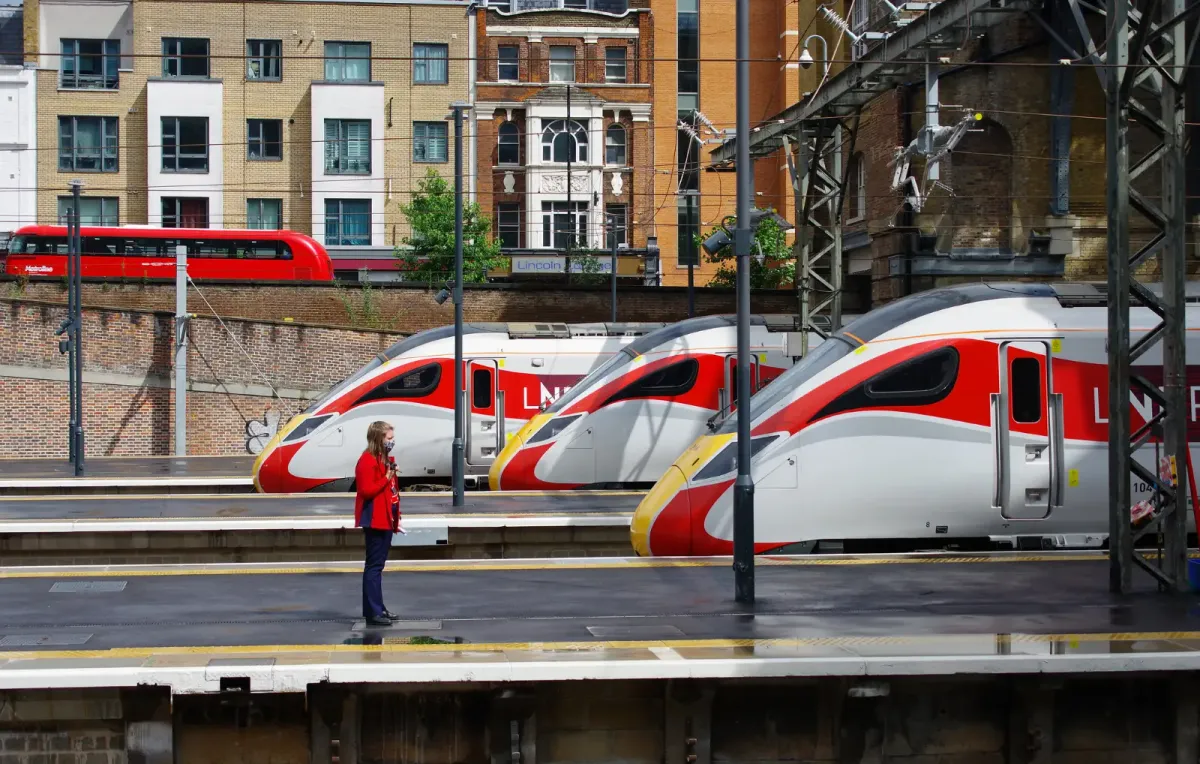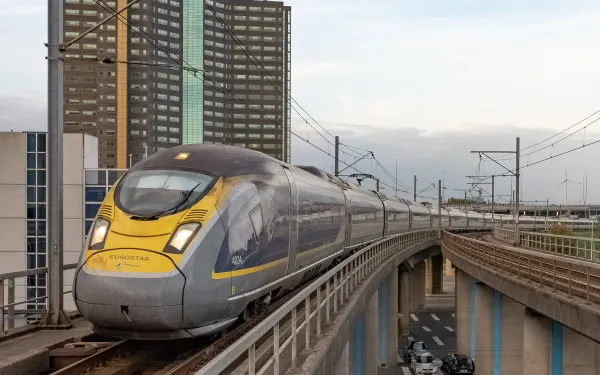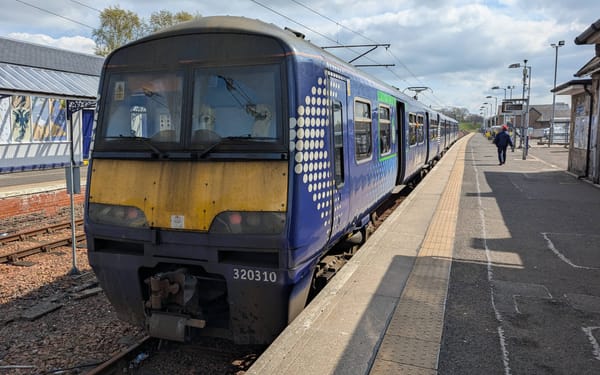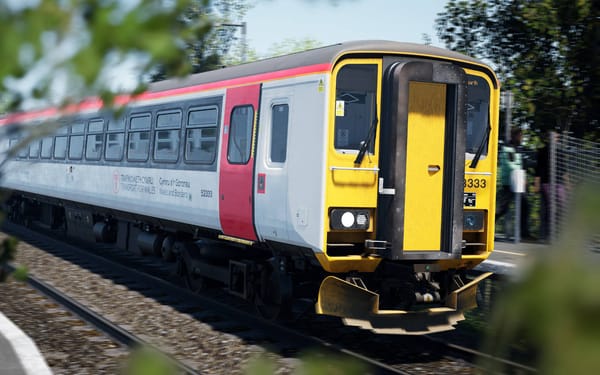Regulated rail fares to increase by 4.6% in March 2025

Something kept quiet in the Autumn 2024 Budget statement was regulated rail fares, but it has since been confirmed that they will rise across England by up to 4.6%, starting 2 March 2025.
This marks a return to the Department for Transport's formula of retail prices index (RPI) inflation plus one percentage point, following a series of below inflationary increases in recent years. Nonetheless, the treasury states that it will be the "lowest absolute increase in three years." Fares rose by 5.9% in March 2023 and by 4.9% in March 2024.
Alongside the rising costs of train tickets, there will be an industry proposal to increase the price of most rail cards by £5, which, if implemented, would bring the annual fee to £35.
Which fares are regulated?
Regulated fares have a maximum cost set the by the government. However, it is not always clear which fares are and are not regulated. Only 'walk-up' fares, so-called because they can be purchased on the day of travel, may be regulated.
Of these, season tickets are most commonly regulated, as are anytime day single and return tickets. Beyond this, e.g., super-off-peak and off-peak return tickets, there is no easy way to tell if a specific ticket is regulated or not; if anything, it becomes quite arbitrary.
On the other hand, all advance tickets are unregulated; their fares are generally set at the discretion of the train operating company, with some limits. Additionally, train tickets for open access operators, such as Lumo, are unregulated.
Suffice to say, it's an opaque and confusing system. In short, you can expect to see prices rise, particularly if you are a frequent traveller.
What about Railcards?
For over a decade, most Railcards have carried an annual £30 fee. "On average rail card holders save up to £158 per year," according to the government's numbers. OK, that statistic is a bit vague, but its cost can be recouped in savings in a handful of train journeys.
But the government will now seek to increase the price by £5, for all but the Disabled Persons Railcard, which, at £20, already costs less than the others. The proposal's timeline has not been confirmed yet, including when the increased cost would come into effect.
Some Railcards can be purchased for multiple years up front, at a discount. For example, the 16–25 Railcard can be purchased at £70 for three years, as opposed to three £30 payments. It remains to be seen whether these discounts will continue to be offered and, if so, how much they increase by.
Earlier this year, Railcard discounts began to be calculated at 33.4%, down from 34%, representing a ~0.9% increase in ticket prices with one. When stacked next to a 4.6% increase in regulated fares, it adds up for frequent users of the railways.





